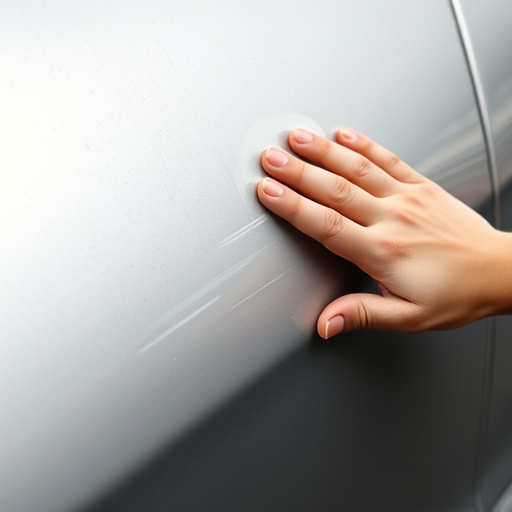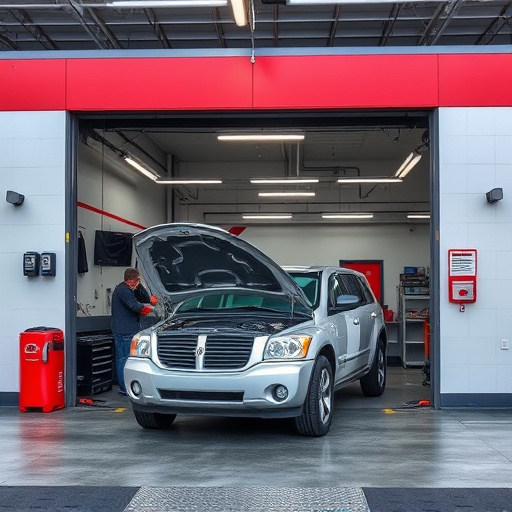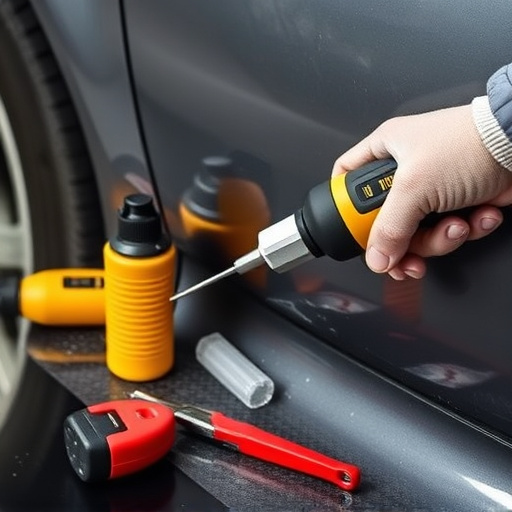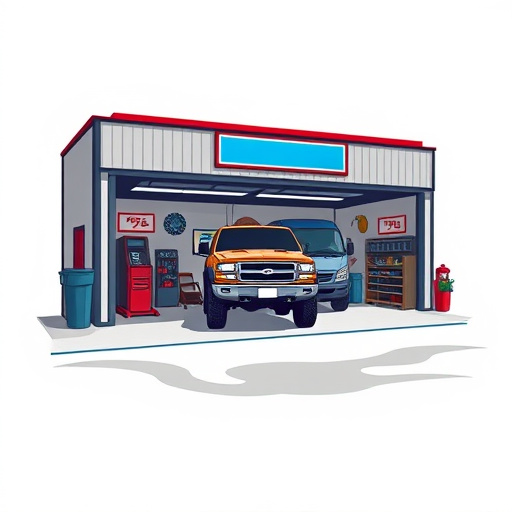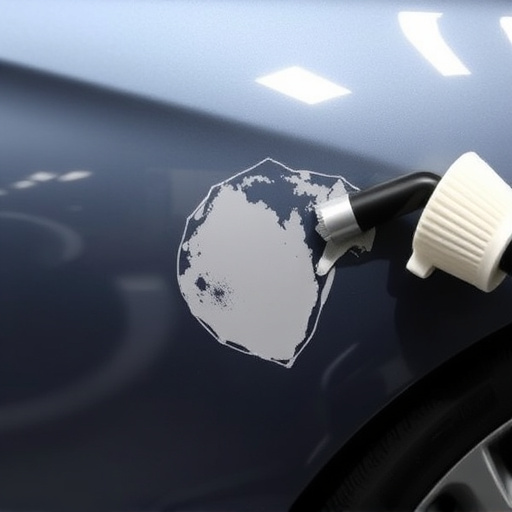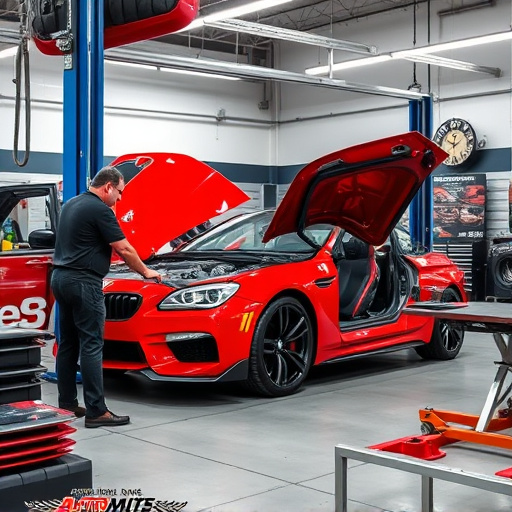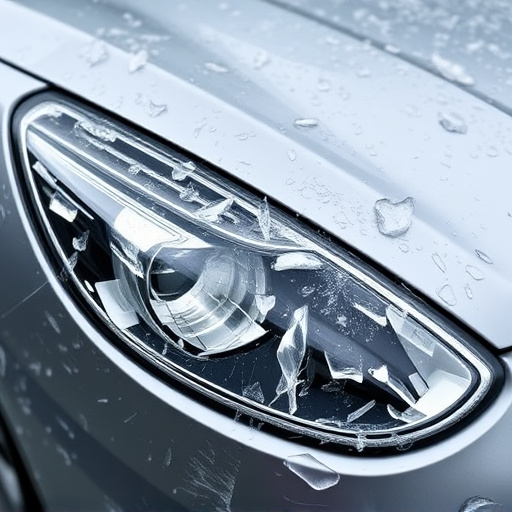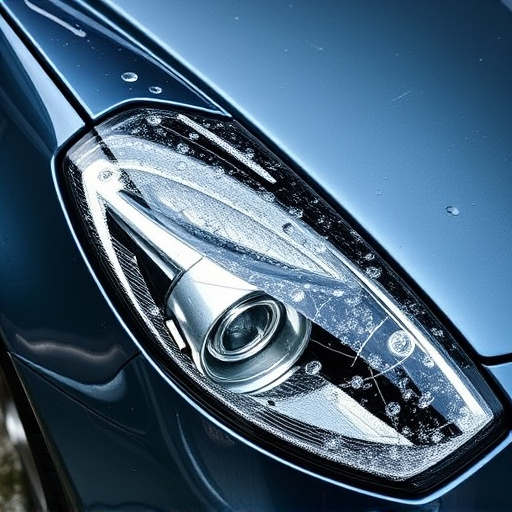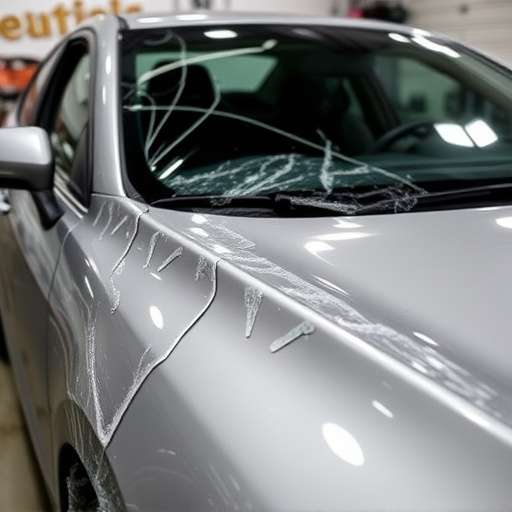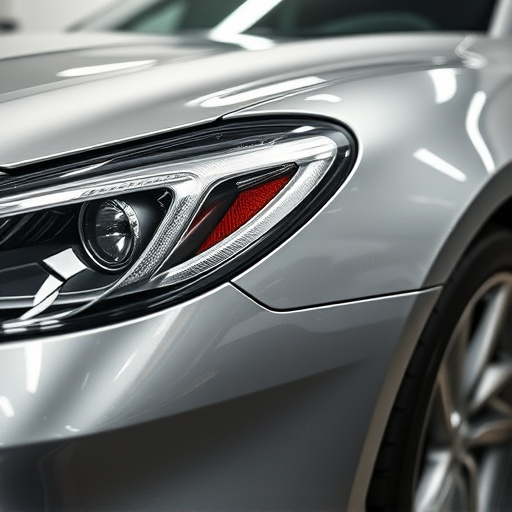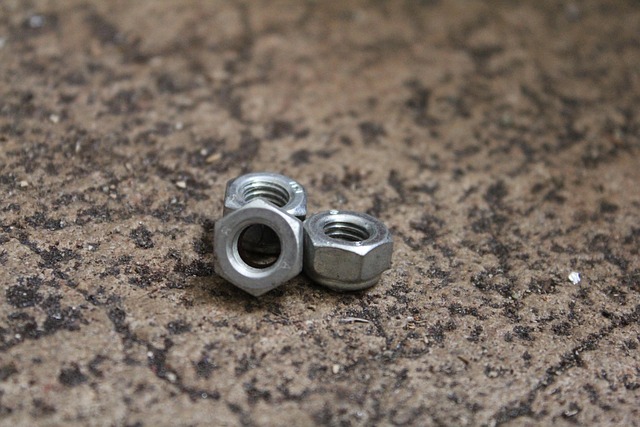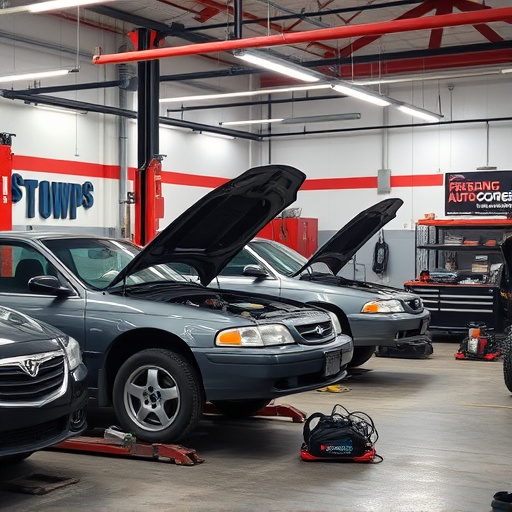Auto body fasteners, crucial for vehicle repairs, come in various types catering to specific needs. High-quality, corrosion-resistant materials like stainless steel ensure durability and long-term performance against weather and road conditions. Best practices include using automotive-specific fasteners, proper surface preparation, adherence to manufacturer guidelines, regular inspections, and maintenance to prevent issues like loose parts and corrosion, thereby preserving structural integrity and extending the lifespan of fastened components.
Auto body fasteners are critical components in ensuring structural integrity during vehicle repairs. Understanding these fasteners—their types, functions, and quality—is paramount for achieving long-term repair outcomes. This article delves into the intricate world of auto body fasteners, exploring how their selection and installation impact durability. By examining best practices, you’ll gain insights to enhance repair success, ensuring vehicles remain safe, reliable, and structurally sound over time.
- Understanding Auto Body Fasteners: Types and Functions
- The Impact of Fastener Quality on Repair Durability
- Best Practices for Long-Term Repair Success with Fasteners
Understanding Auto Body Fasteners: Types and Functions

Auto body fasteners are a critical component in any automotive repair process, particularly when it comes to ensuring long-term durability and structural integrity. These fasteners, ranging from bolts and screws to clips and rivets, serve as the building blocks for reassembling vehicle parts after damage or removal. Their primary function is to hold components together securely, restoring the safety and functionality of the vehicle.
Different types of auto body fasteners are designed for specific tasks. For instance, rust-resistant stainless steel fasteners are ideal for outdoor repairs to prevent corrosion, while polyamide clips offer a flexible yet strong solution for securing smaller parts. In an auto glass repair or bumper repair scenario, specialized fasteners ensure that replacement parts align perfectly and withstand the forces of impact, providing both aesthetic and safety benefits in an auto body shop setting.
The Impact of Fastener Quality on Repair Durability

The quality of auto body fasteners plays a pivotal role in determining the longevity and durability of vehicle restoration projects. Using high-quality fasteners designed specifically for automotive applications ensures that repairs hold up over time, even under rigorous conditions like varying weather patterns, road stress, and regular wear and tear. Fasteners made from corrosion-resistant materials like stainless steel or aluminum are particularly beneficial, as they resist rust and maintain their grip strength.
In contrast, subpar fasteners may fail prematurely, leading to costly repairs down the line. Auto repair shops that prioritize using top-tier auto body fasteners during the initial repair process ultimately save their clients time and money in the long run, enhancing customer satisfaction with the finished vehicle restoration or auto detailing work.
Best Practices for Long-Term Repair Success with Fasteners

To ensure long-term success with auto body fasteners during automotive collision repair or vehicle repair, adhering to best practices is paramount. First and foremost, using high-quality fasteners specifically designed for auto body applications is crucial. These components must withstand environmental factors like corrosion and extreme temperatures, ensuring they remain secure over extended periods. Proper preparation of the repair surface before applying fasteners is another key consideration; this includes degreasing, sanding, and priming to create a strong bond.
Additionally, following manufacturer guidelines for fastener placement, torque specifications, and thread types is essential for long-term repair outcomes, particularly when it comes to tire services. Ensuring proper alignment and tightening procedures helps prevent issues like loose parts, which could compromise structural integrity. Regular inspection and maintenance of fastened components are also integral to their longevity, allowing for timely replacement if necessary.
Auto body fasteners play a crucial role in ensuring long-term repair outcomes for vehicles. By understanding different types and their functions, as well as prioritizing fastener quality, automotive professionals can significantly enhance the durability of repairs. Adhering to best practices, including proper installation techniques and using high-quality materials, will ensure that auto body fasteners contribute to a robust and lasting fix, maintaining vehicle safety and aesthetics over time.

